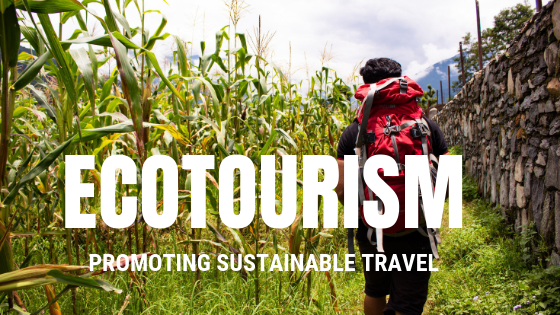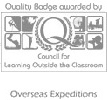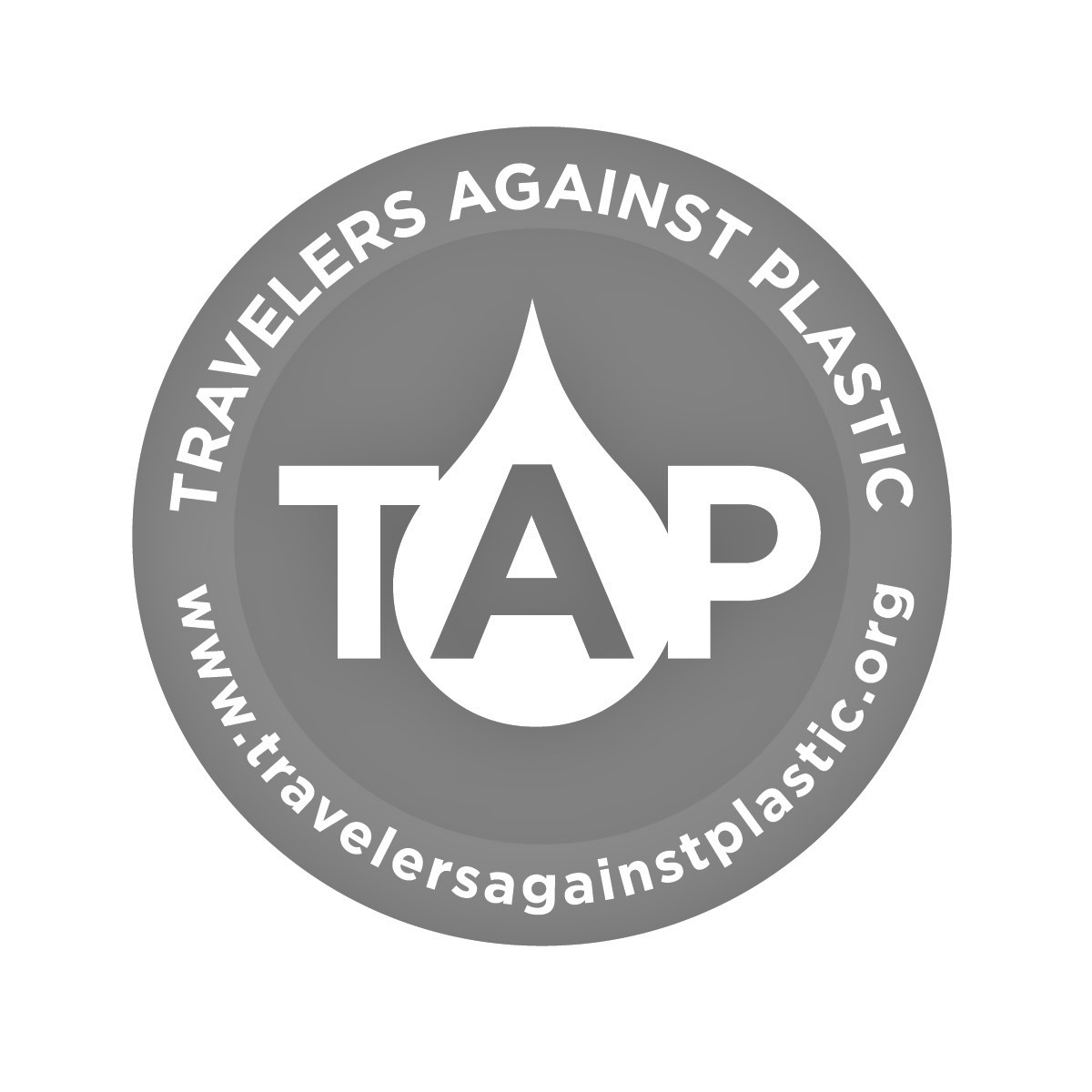Ecotourism
Adventure, Company News, Expedition News, Latest Expeditions | 3rd January 2019

Ecotourism
Promoting Sustainable Travel
There is no denying that travel has a huge impact on our natural environment and becomes evident when the level of visitor use is greater than the environments ability to cope with it. The idea behind ecotourism is to make sure that travel does not have a lasting negative impact on any destination, disrupting the balance of its ecosystems and therefore destroying it for future generations. Ecotourism is defined as "responsible travel to natural areas that conserves the environment, sustains the well-being of the local people, and involves interpretation and education" (TIES, 2015). This is something that True Adventure feel incredibly strongly about. Being a company that frequently provides young people with fantastic opportunities to travel to some of the world’s most biodiverse-rich locations, it is important that ecotourism is taken into consideration in order to make sure that we have as little impact as possible.
A fantastic example of the shift towards ecotourism from unsustainable travelling, is the way tourists now visit the famous Uluru (Ayers Rock). Tourists originally visited the large rock in central Australia to climb the sides using a rope and pole path drilled into the side of the rock. Due the growing amount of people wanting to climb Uluru it was causing significant erosion to the rock surface. When the Australian government handed back Uluru and the surrounding land to the Aboriginal inhabitants, they began to educate the tourists in their cultural beliefs and the spiritual significance the rock has for them. They now ask tourists not to climb Uluru out of respect and most visitors now comply, minimalizing the impact that tourism is having on the rock and Aboriginal culture.
True Adventure have put a great deal of effort into complying with ecotourism guidelines and in many cases have gone one step further by assisting projects that have significant positive impacts on biodiversity and sustainable development in local communities. Each group has an experienced group leader and in country agents who make sure that the group’s actions comply with the guidelines below:
Protect the Environment, projects with a conservation focus such as working in Triglav National Park in Slovenia, assist the with vital conservation work that these parks do. This is fantastic for students to learn and get a greater understanding into environmental issues at the same time as having a positive impact whilst travelling.
Don’t Interfere with Wildlife by not feeding or scaring the animals and making sure that the actions of the group will not have any impact on the ecosystems. Many of our projects assist in the conservation of wildlife to reduce human/wildlife conflicts. A great example of this is the project work done in Ladakh (India) with the Snow Leopard Conservancy India Trust to help local farmers build sheep sheds. This stops snow leopards preying on the local’s sheep flocks and in turn stops the local farmers defending their sheep and harming the snow leopards.
Protect Resources, our teams go through a rigorous acclimatization phase which adjusts them to the culture, way of life and the humidity. This means that whilst on the different elements of the adventure teams stay in accommodation and use minimal resources, such as the continuous use of air conditioning.
Support Local Communities, our teams will all stay in locally owned accommodation and eat locally sourced food. This ensures that money is kept within the local community and benefits their local economy, thus promoting development in the area. Many of the projects that the team are involved in whilst on an adventure work with local communities and have sustainable long-lasting effects. A great example of this is the work done with the Better Lives for Children charity that ensures development within an area to improve living conditions for families, such as installing toilet blocks or giving access to clean water. This in turn allows young people gain education and have a better living conditions.
Respect Local Customs and Traditions, as a company, True Adventure puts a lot of effort making sure that the teams’ activities are ethical and respectful. A good example of this is the clothing on the kit list which makes sure that the local communities’ beliefs are not offended. We also encourage our students to learn the language and have an understanding and interest in the culture before departure so that they are already prepared.
We believe that ecotourism is a
great way in which to travel and make sure that future generations can enjoy
the world just as we do. We also believe that travelling whilst using local resources
and involving local people gives you the richest possible experience that a
destination has to offer. It gives our students a chance to see the real
backbone of the country and things that not many tourists get to experience. “Responsible travel is not only better for
our world, it is more interesting and memorable. Responsible travel is the
future of tourism” (Simon Reeve).








